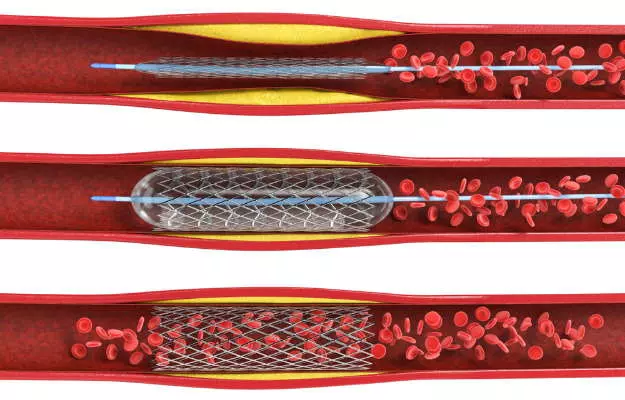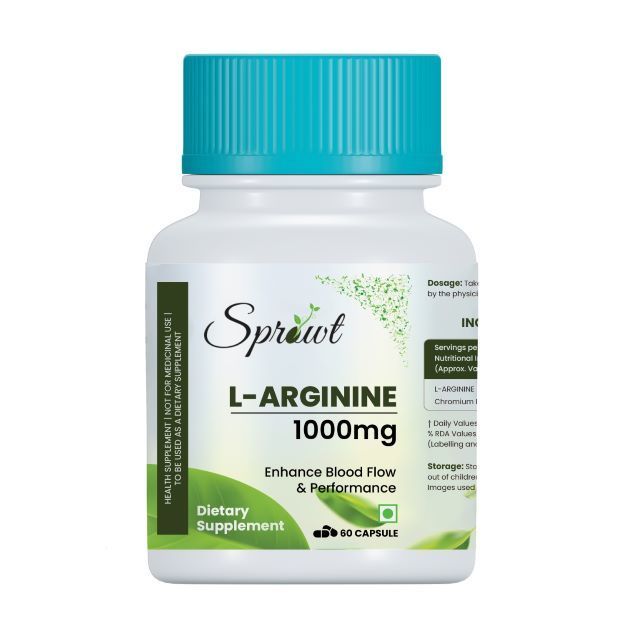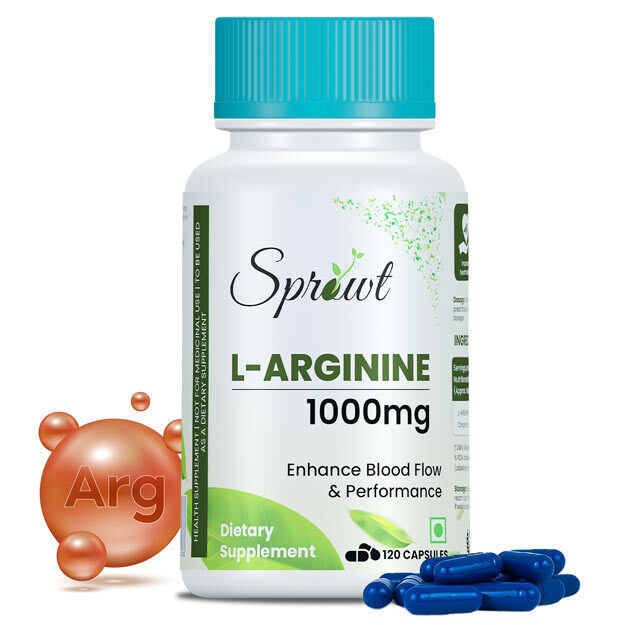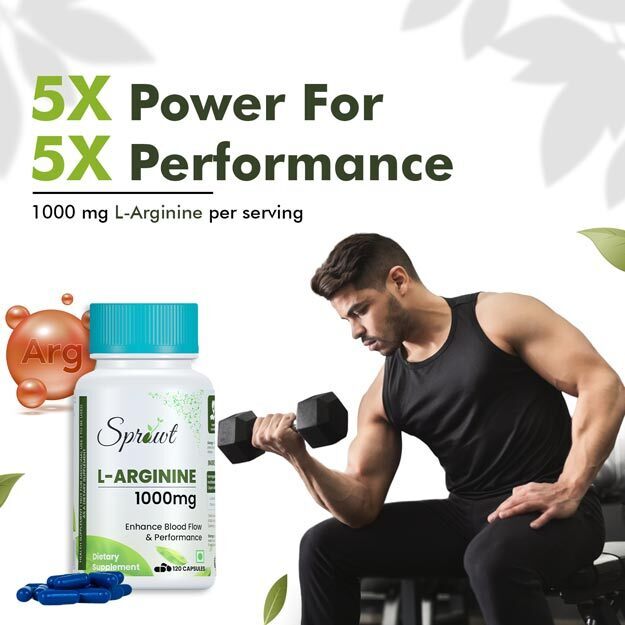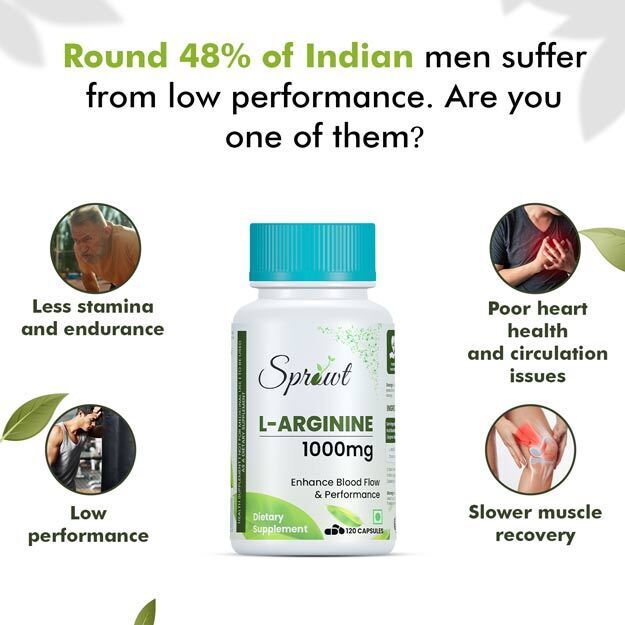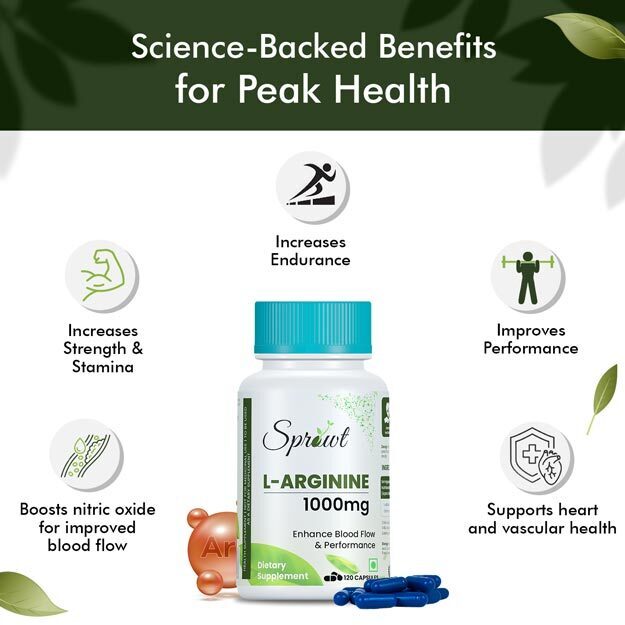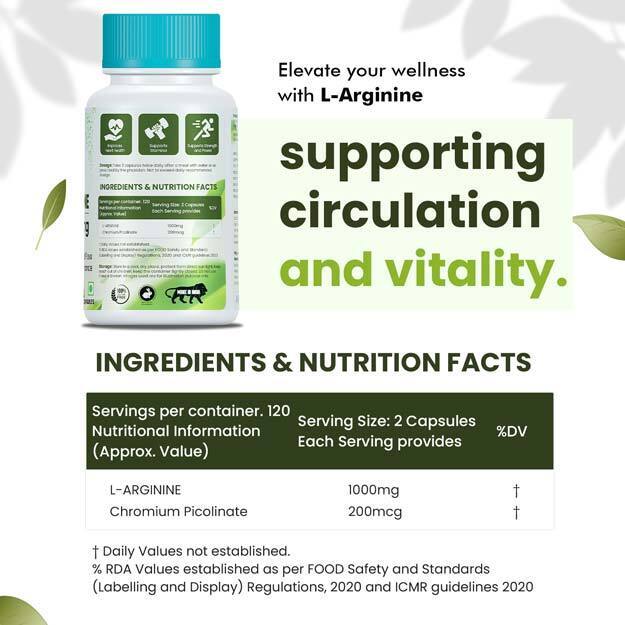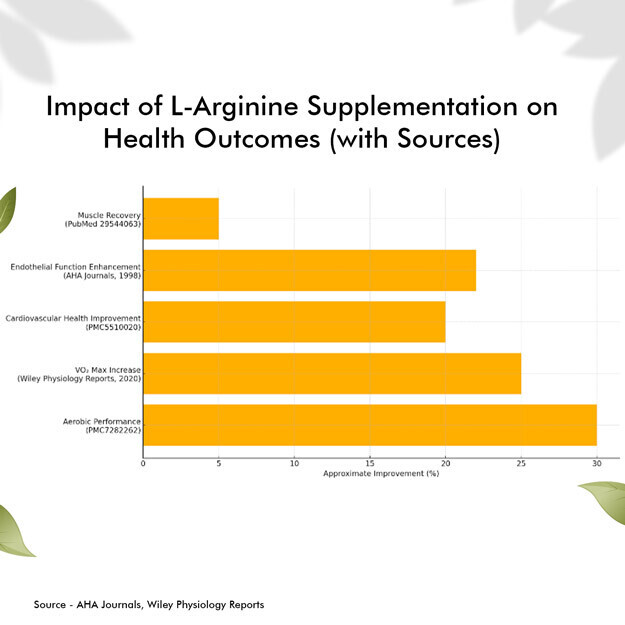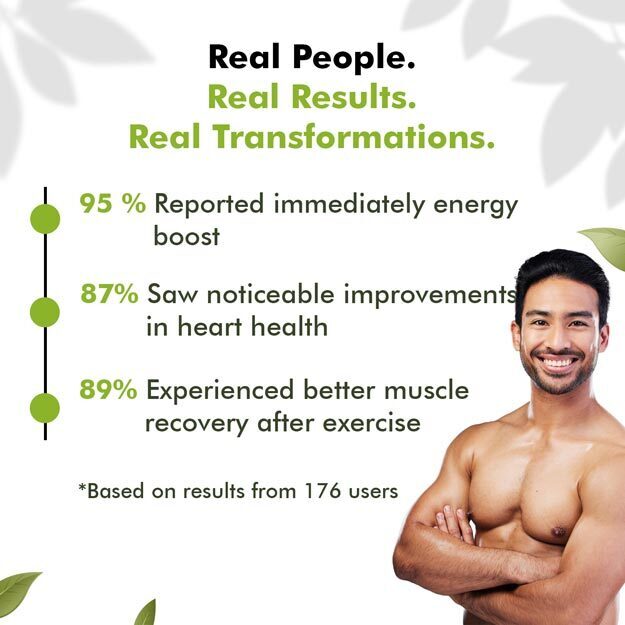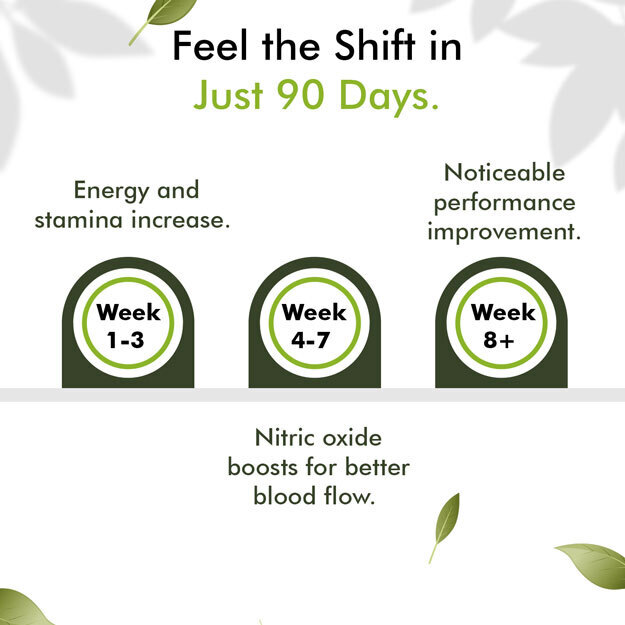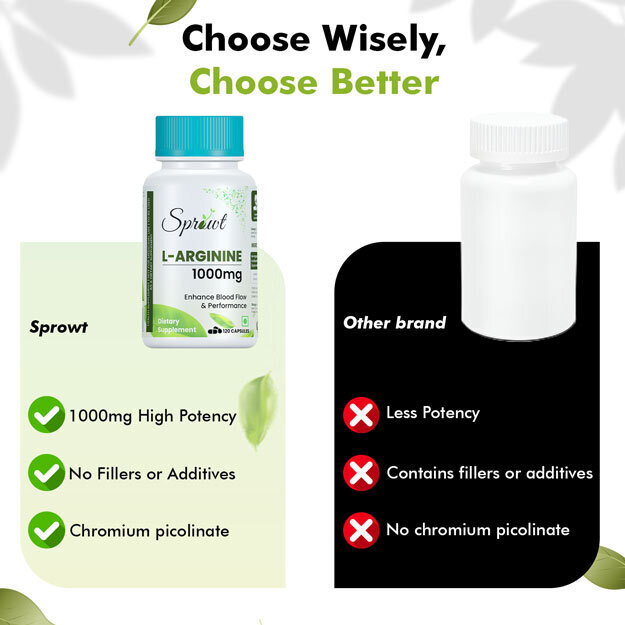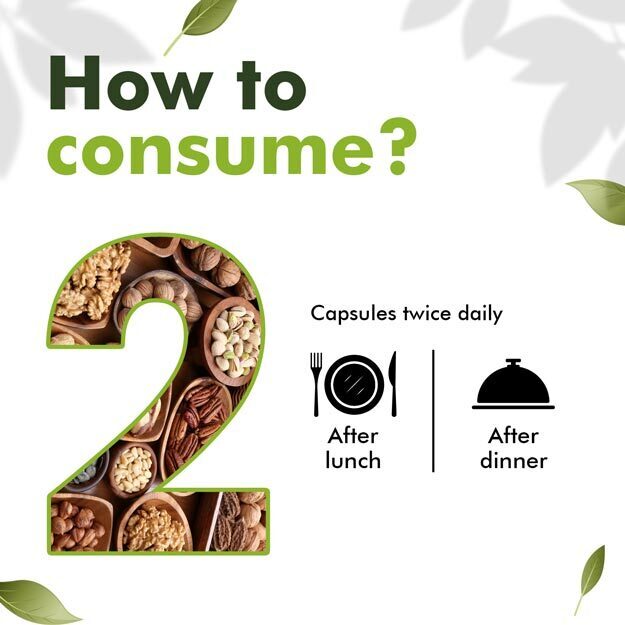The heart is an important part of our body. To stay healthy, it is necessary for the heart to work properly. For the heart to work properly, it is necessary to have proper blood circulation. When this does not happen, the risk of heart-related diseases increases. Initially, the doctor may prescribe medicine to cure it, but when the problem increases, he may advise to get a stent installed. Today in this article you will learn about the benefits and risks of stents -
(Read more - Top 10 Heart Related Tests)
- What Is A Stent?
- When Is A Stent Used?
- Benefits Of Stents
- Disadvantages Of Stents
- Keep These Things In Mind
- Summary
What Is A Stent?
A stent is a small tube. It is inserted into an artery or vessel. This can help keep blocked blood vessels open. Stents help in furthering the flow of blood and other liquids. Stents can help in treating weak arteries. Apart from this, stents can be inserted in other parts of the body to support the blood vessels in the brain and the ducts carrying bile.
Most stents are made of metal or plastic. At the same time, some stents are made of a special type of fabric. These are called stent grafts. They are used for large arteries. Medicine can also be applied to the stent. This can help prevent the blocked artery from closing.
(Read more - Enlarged Heart)
When Is A Stent Used?
A stent is mainly used to open blood vessels blocked due to plaque. Plaque is formed by the combination of cholesterol, fat and other elements found in the blood. Then when this plaque accumulates in the bloodstream, it sticks to the walls of the arteries. Over time, this plaque increases and narrows the artery, which hinders blood flow. In such a situation, a stent is used. Apart from this, stents can be used in the following conditions
- Stents can be used to prevent aneurysms from bursting in the brain or other blood vessels.
- A stent can also be applied when there is a risk of the bronchi in the lungs bursting.
- Stents are also used in the ureter. The ureter carries urine from the kidney to the bladder.
- Stents can be used in the bile ducts. The bile ducts carry bile between the organs and the small intestine.
- Stents can also be used to reduce the risk of chest pain and heart attack.
(Read more - Foods For Heart Health - Disease)
Benefits Of Stents
The benefits of stents are as follows -
- Getting a stent installed can be beneficial to increase blood circulation in the heart. If everything remains fine after installing the stent, then the blood flow in the heart remains correct.
- It can also help in reducing chest pain.
- Stents cannot cure coronary heart disease, but can definitely reduce its risk.
(Read more - Tips and Diet for Healthy Heart)
Disadvantages Of Stents
Any surgical procedure has risks. To insert a stent, one needs to reach the arteries of the heart or brain. In such a situation, some risks may increase after inserting the stent.
- Bleeding may occur from the place on the skin where the stent has been inserted.
- The stent may damage the blood vessel.
- The risk of infection may increase due to the stent.
- Using a stent may cause irregular heartbeats.
- The stent can also cause blood clots. This can be seen in 1 to 2 percent of people.
- It can increase the risk of heart attack and stroke.
- The stent can also cause allergic reactions.
- There may be difficulty in breathing.
- Apart from this, the use of stents can also damage the kidneys.
- In some cases, restenosis may occur after stents. Restenosis occurs when too much tissue grows around the stent. These tissues can narrow or block the artery.
- Stents contain metal components and some people may be allergic to metal. In such a situation, if a person is sensitive to metal, then he should not get a stent.
(Read more - Home remedies for heart disease)
Keep These Things In Mind
After the stent is placed, the doctor may recommend taking aspirin to prevent blood clots. After the stent, the person may need to take medicine for 1 month to 1 year, but some measures can reduce the risk after the stent -
- Be sure to take the medicines prescribed by the doctor.
- Avoid heavy exercise or lifting heavy items.
- Quit smoking and tobacco.
- Take less stress and try to be happy.
(Read more - Acupressure Points for Heart)
Summary
Doctors may usually recommend getting stents to widen the arteries. Apart from this, stents can also be inserted to reduce the risk of coronary heart disease and other conditions, but after getting the stent, the person may experience side effects such as infection, pain, swelling and redness. In such a situation, after getting the stent, you must follow your lifestyle and the guidelines given by the doctor.
Doctors for How Stents Work: Key Uses, Benefits, and Potential Side Effects

Dr. Manju
Cardiology
10 Years of Experience

Dr. Farhan Shikoh
Cardiology
11 Years of Experience
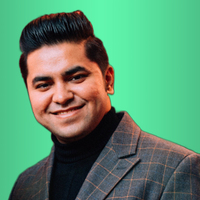
Dr. Amit Singh
Cardiology
10 Years of Experience


